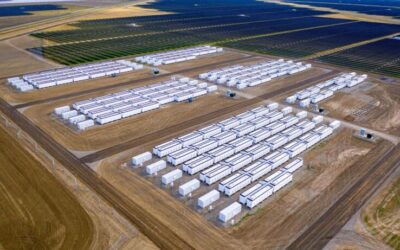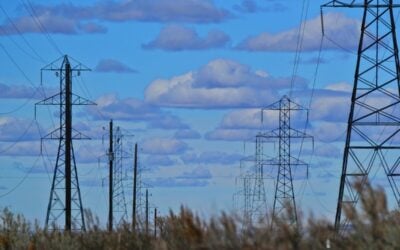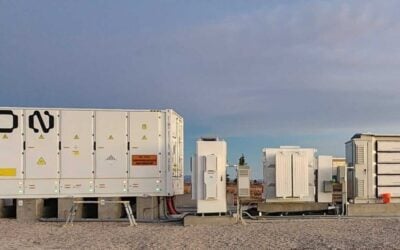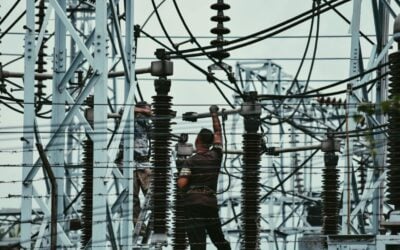
Clean energy trade body American Clean Power Association (ACP) has released a battery energy storage system (BESS) safety framework outlining key actions and policy recommendations for the industry.
The Battery Energy Storage: Blueprint for Safety was informed by an assessment conducted by the Fire and Risk Alliance, which analysed historical data and studies on fire incidents from the last decade in the US.
ACP and the Fire and Risk Alliance say the assessment findings did not indicate an impact to public health or surrounding communities from the fire incidents studied.
The Fire and Risk Alliance further elaborated that “no previous incidents resulted in contaminant concentrations that would pose a public health concern or require further remediation.”
Try Premium for just $1
- Full premium access for the first month at only $1
- Converts to an annual rate after 30 days unless cancelled
- Cancel anytime during the trial period
Premium Benefits
- Expert industry analysis and interviews
- Digital access to PV Tech Power journal
- Exclusive event discounts
Or get the full Premium subscription right away
Or continue reading this article for free
The Blueprint for Safety follows the impacts of the Moss Landing fire incident. The incident has brought conversations of fire safety to the front and centre, especially in the US state of California, where the project was located.
Following the fire, regional and state-wide authorities have proposed and passed legislation to impose more control over BESS projects.
Additionally, Vistra, owner of the Moss Landing BESS, will write off US$400 million in depreciation expenses from the incident.
The ‘Blueprint’ is a three-part strategy of policy proposals and strategy recommendations to increase the safety of BESS projects. The table below details each part of the strategy.
| Strategy | Actions for Strategy |
| Ensuring Safety at All Future Energy Storage Facilities | ACP recommends that all BESS facilities comply with the latest version of the National Fire Protect Association (NFPA) 855, which includes greater safety standards than are typically required of BESS projects. |
| Advancing Safety at Existing Battery Storage Sites | This would involve a review of facilities that were built prior to the adoption of NFPA 855 as part of a hazard mitigation analysis. ACP details: “1. inspecting certain facilities built prior to NFPA 855 adoption, 2. conducting hazard mitigation analysis. 3. Consider the use of fire barriers or engineered solutions to meet large-scale fire testing requirements. 4. Ensuring all facilities have emergency response plans.” |
| Strengthening Coordination with Fire Departments & Local Communities | ACP recommends increasing safety planning with fire departments, including providing educational support and training to state and local personnel. |
ACP brings particular attention to NFPA 855 throughout the framework.
The UL 1973 and UL 9540 safety certifications are also important. UL 1973 tests the ability of BESS to perform under simulated abuse conditions, and UL 9540 evaluates what happens when a cell goes into thermal runaway.
NFPA 855 introduces standards for maximum energy and spacing between BESS units. As ACP explains:
“NFPA 855 provides mandatory requirements for the design, installation, commissioning, operation, maintenance, and decommissioning of battery energy storage facilities, distinguished by battery energy storage technology.”
The standard has been adopted in Washington, Michigan, Indiana, New York, Massachusetts, Maryland and Connecticut. It is also being considered in Texas, California, Colorado, Iowa, Illinois and Virginia.
Lithium-ion battery storage system integrator Fluence’s GridStack Pro 2000 storage solution met the requirements of the standards of NFPA 855 in 2024.
While BESS projects continue to be built in California and the US, incidents like Moss Landing alarm regulators and the public.
If implemented, these recommendations from ACP could be one way for the energy storage industry to prove its commitment to public safety.





